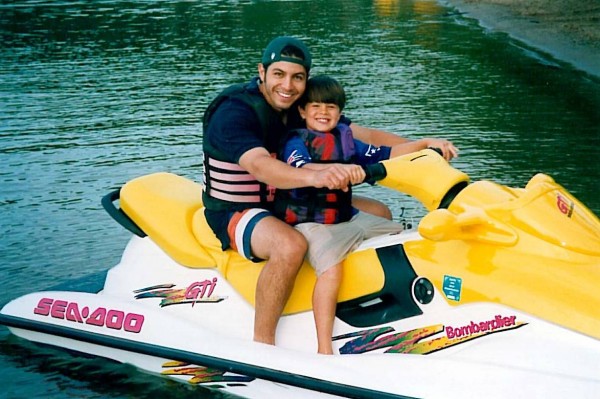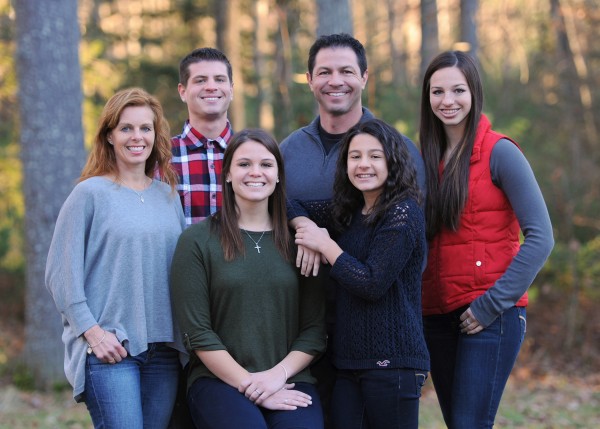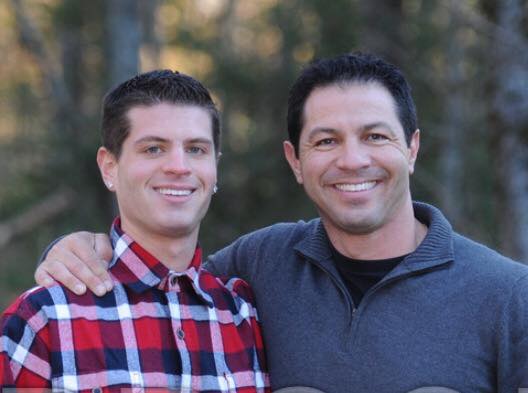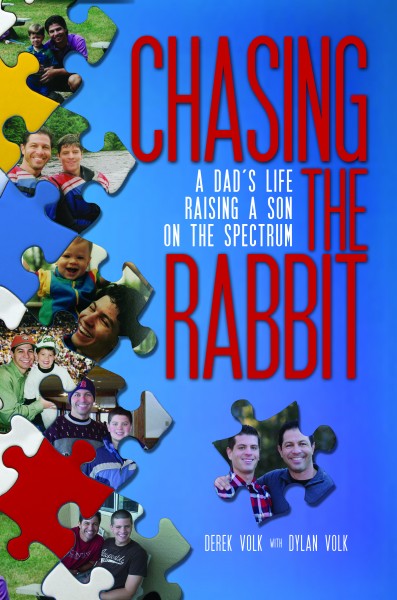Sometimes, life throws things our way that aren’t easy to handle. We all have our coping mechanisms. If I’ve got something on my mind, I like to be left alone to figure out what to do. You might prefer to talk. Or go for a run or a bike ride. Or meditate. Some people turn to drugs or other not-so-healthy ways of escaping reality.
Dylan Volk uses humor. “I think it’s always been what I’ve been best at,” he says. “Making people laugh. I’ve always known that this was my gift and I do it better than anybody else.”
Dylan, who’s in his early 20s, showcases his humor in satirical videos, which you can view on his YouTube channel DielawnComedy. He works hard at growing his audience. “I have the look and I have the talent for it and the creativity, so I’m just making it happen now.”
Pretty sure of himself, isn’t he? Little cocky even? Read what he told me in his next breath:
“That’s fair for me to say because pretty much everything else I’m worse at than everybody else. So, I get to brag all I want about this one thing.”
Dylan was diagnosed with Asperger’s Syndrome when he was 8-years-old. “After years of membership in what we often called the diagnosis of the month club,” say his parents.
Asperger’s is an autism spectrum disorder (ASD) considered to be on the “high functioning” end of the spectrum. Among other things, it affects Dylan’s judgment in social situations and has caused a lifetime of challenges for him and his family.
He comes from a loving, supportive family — parents Amy and Derek and younger sisters, Mariah, Lilly and Serena. But still, his childhood was rough. Pretty horrible, actually, says Dylan. Derek spelled it all out in the book he just published, Chasing the Rabbit: A Dad’s Life Raising a Son on the Spectrum.
In the first chapter, he writes this about his son: “He strives to be what people with Asperger’s call ‘neurotypical,’ what you might call normal. But he is not. And he can’t be. The analogy I have always used is that Dylan is like a greyhound, running as fast as he can, and normal is the plastic rabbit he is chasing. No matter how fast that greyhound runs, he will never catch the rabbit. But he never tires nor gives up the chase.”
Derek did not sugarcoat what the family went through raising a child with Asperger’s. He shared the triumphs, but also the anger, the frustration, the grief. He described difficult situations, changing the names of the people involved. “I didn’t write the book for them to read and feel bad about what they did,” he says, “although I hope that if some of the people read it they realize they made some mistakes and learn from it.”
“I hope,” says Dylan, “that they mostly pay attention to a lot of the politically incorrect things my dad says in the book that are very true. And to the practical advice he gives that you won’t hear in other places.”
Derek didn’t tell Dylan about the book until it was all written. “I thought Dylan was going to shoot it down because it’s so personal,” he says.
“I don’t know why he thinks that I wasn’t ever going to be down for it,” says Dylan. “I was totally down to sign off on it.”
So down he agreed to add “Dylan’s Take” to several sections throughout the book. One example:
“The thing about Asperger’s is that you mature more slowly than neurotypical people. Looking back at this time, I was sixteen years old but I was much younger mentally and emotionally. If I went back and re-lived this experience now, I would have no problem but back then I was just so blind to the wrongness of my behavior.”
Derek says he published their story so that other families going through a similar situation won’t feel alone. He also did it because he couldn’t find another book written from a father’s perspective. Although, a lot of the time, it was his wife Amy who bore the brunt. “Amy was a stay home mom,” he explains. “I was working and trying to grow a company, so a lot of it did fall on her shoulders. If Dylan had a bad day it might be two or three hours before I had to deal with it. When he walked through the door at the end of the school day Amy was always the first line of defense to deal with whatever was going on that day.”
And there was always a lot going on. Even as Dylan got older. One anecdote in the book tells about the call Amy got one day from Dylan’s boss. “It was his first job,” says Derek. “He made some inappropriate comments and they wanted to fire him. They called Amy and asked her to fire him. She said, ‘No. You hired, you fire.’ She drove him to work and waited in the car knowing he was going to get fired.”
It would be the first of many times Dylan would get fired. “Getting a job is easy,” he says. “Keeping a job is not. It’s a totally different skill set. To get a job it’s presentation skills and saying the right things and persistence. Keeping the job is a whole different complex skill set. Anything could happen. Any misunderstanding or misstep could lead them to think it’s not working out.”
Since Chasing the Rabbit was published, father and son have done presentations and interviews across the country. The book currently has a five-star rating on Amazon with more than one hundred reviews. “It’s sometimes overwhelming how much it’s impacting people,” says Derek. “People tell me how it changed their life. There was one dad whose son was just diagnosed. He was overwhelmed by the whole concept that his son had autism. He needed to hear that it’s going to be ok. It’s not going to be easy, but you can get through it. And they see Dylan and he’s a real inspiration to people.”
What does Dylan want people to walk away with once they meet him? “I want them to go home thinking, ‘Where is the nearest computer so I can Google DielawnComedy,”‘ he answers with a big smile.
He’s much better at handling social situations than he used to be. He’s also intelligent, charming and creative. But he’s still under a lot of pressure. “What’s hardest for me about being high functioning is people see me as neurotypical,” Dylan says. “I have to basically live up to the expectations of a normal person. It’s exhausting. I have to be deliberate with every single thing I do. It’s offensive to me when people give me advice like ‘just be yourself’ or ‘there is no such thing as normal’ or ‘we’re all a little weird.’ Especially the ‘be yourself.’ It’s offensive because it’s ignorant and not true and it insults my entire life experience. I try to not be so hard on myself and I’ve minimized the mistakes I make, but it’s still much more work than anybody else.”
You can treat him like he’s normal, but try to understand, he says. “If I slip up or make a mistake, cut me some slack. I don’t need to be put down for it or hear criticism about it. Chances are, I know already so you don’t have to tell me.”
Dylan and his family hope Chasing the Rabbit will help other people. It’s an important story, but not necessarily Dylan’s most important story. “I would say my most important story is what I’m doing now,” he says “I’m trying to be independent and to make it as an adult now.”
If you’d like to know more about the book, visit the website or Facebook page. And if you’d like to know more about Dylan and DielawnComedy, visit his YouTube Channel.






Leave A Comment